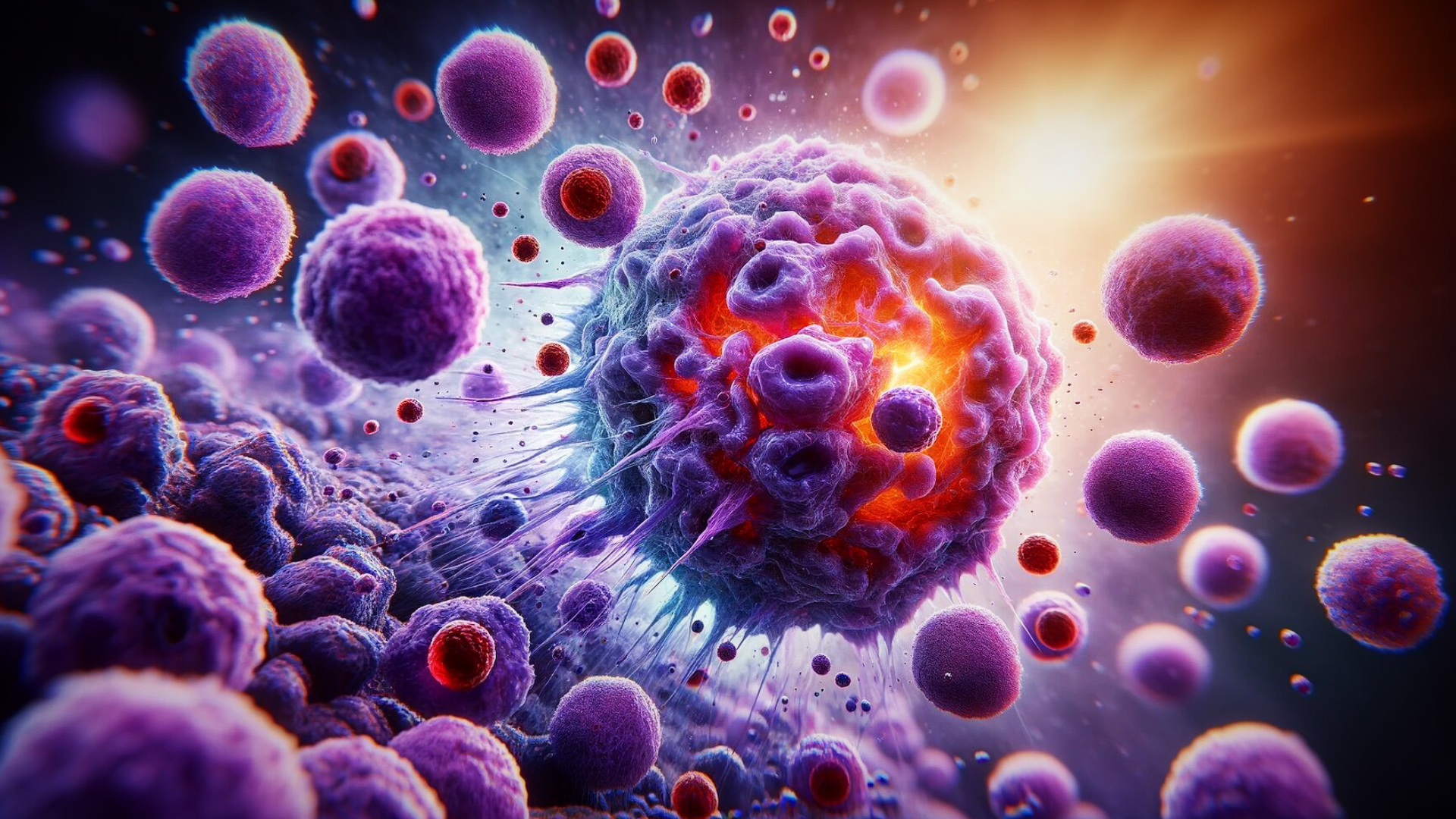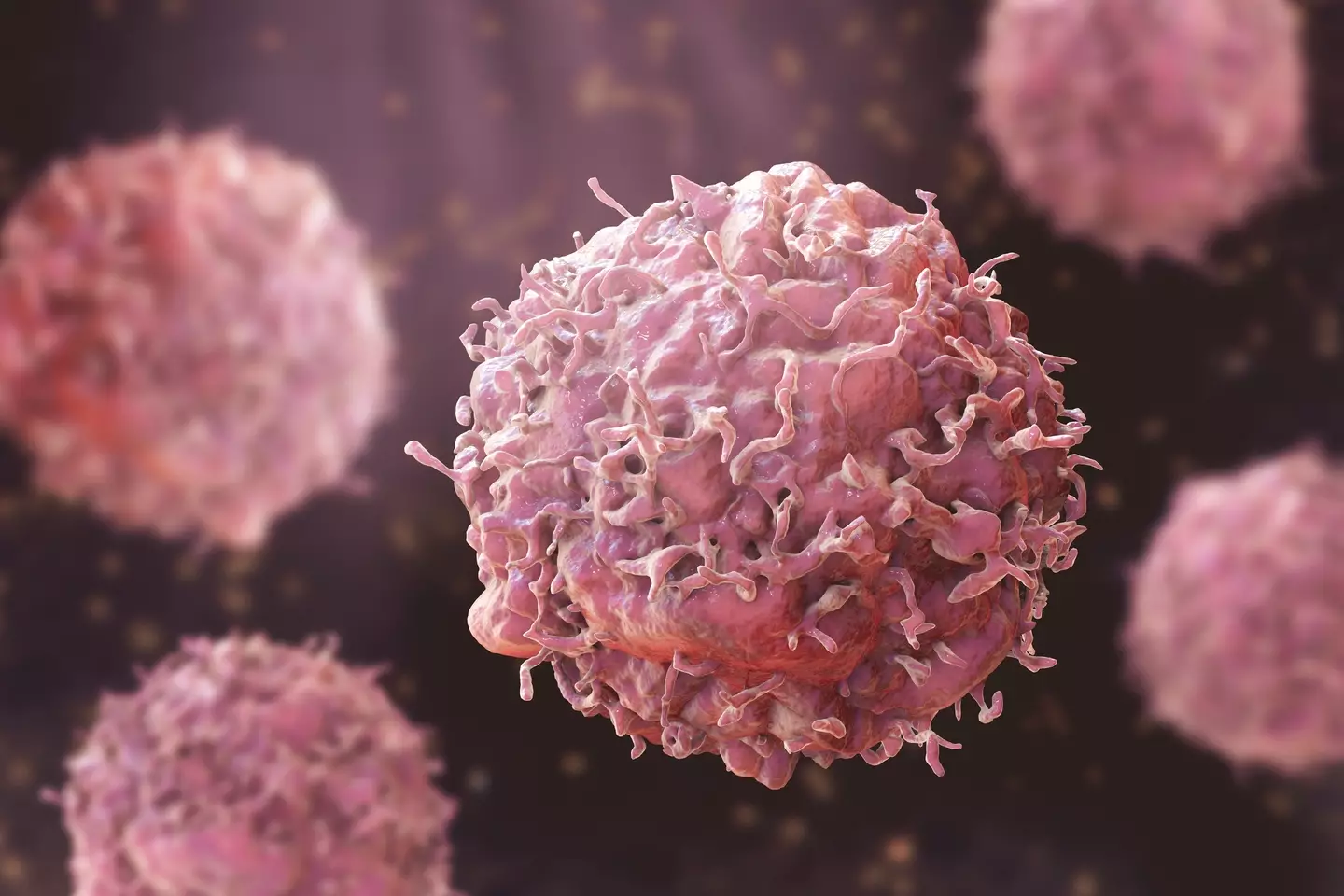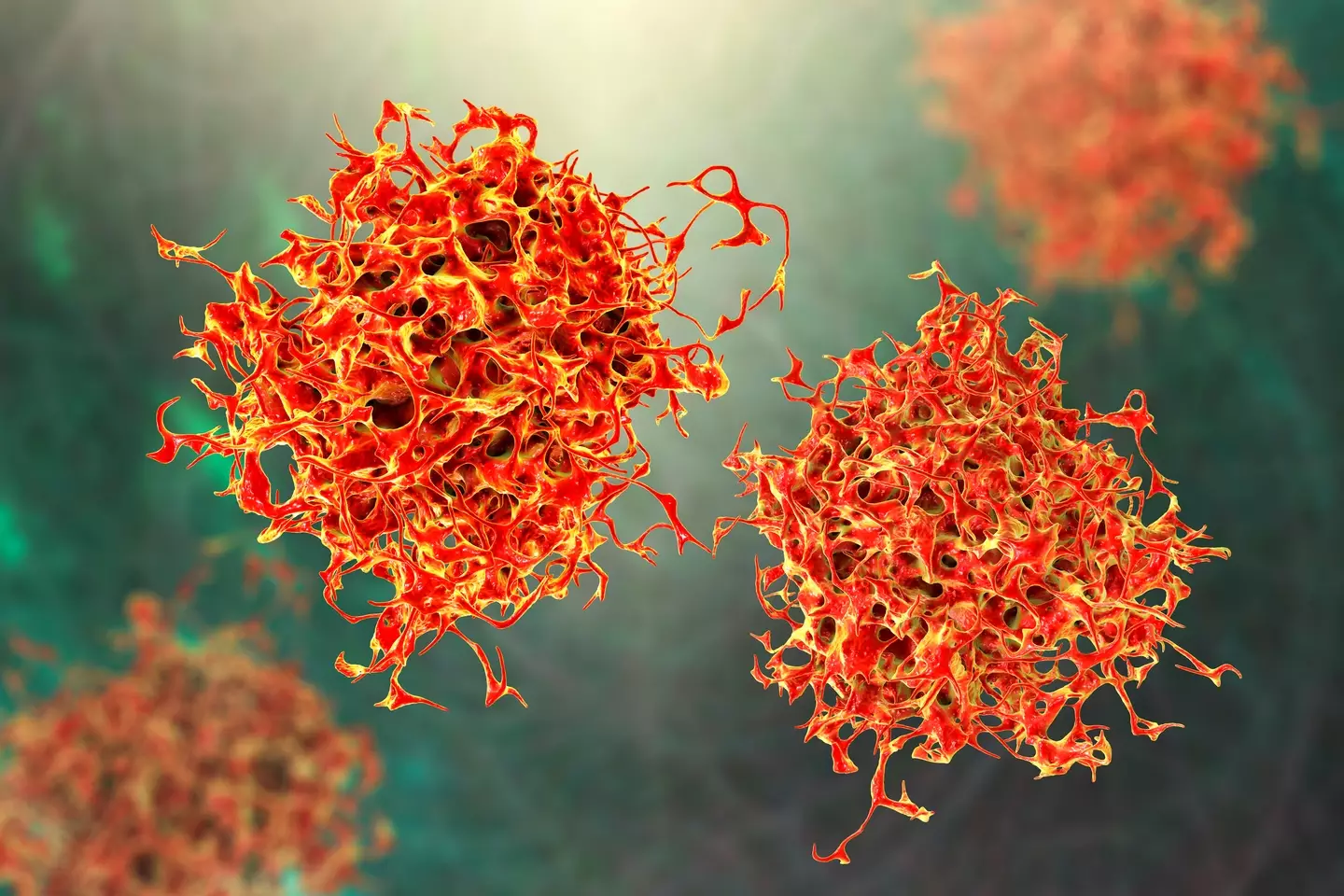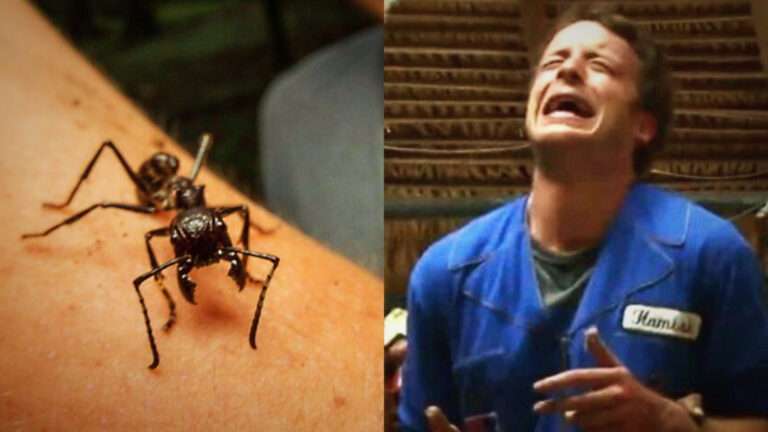Korean Scientists Achieve Breakthrough in Cancer Treatment: Tumor Cells Reverted to Normal

In an extraordinary leap for cancer treatment, scientists at the Korea Advanced Institute of Science and Technology (KAIST) have pioneered a method to transform tumor cells back into normal-like cells. This revolutionary approach promises a safer and potentially more effective alternative to traditional cancer therapies like chemotherapy and radiation.
Photo: xavierarnau/Getty Images
Led by Professor Kwang-Hyun Cho from KAIST’s Department of Bio and Brain Engineering, the team developed a groundbreaking technology that avoids the destruction of cancer cells. Instead, the method focuses on reprogramming tumor cells to behave like normal cells, minimizing the risk of harmful side effects and recurrence.
The novel strategy, termed “reversible cancer therapy,” seeks to address cancer at its core by altering the cellular programming that drives uncontrolled growth and malignancy.
How It Works: Using Digital Twins to Target Cancer
The innovation hinges on a computational model known as a “digital twin”—a virtual simulation of a gene network within cancer cells. This model allows researchers to analyze the complex molecular interactions governing tumor cell behavior and identify key “master regulators” that control cell differentiation.
By activating these master regulators, the researchers successfully reversed colon cancer cells into normal-like states during both laboratory experiments and animal trials.

The discovery could see cancer cells reverted into normal cells (Getty Stock Photo)
Advantages Over Traditional Therapies
Unlike conventional cancer treatments that target tumor cells for destruction, this method:
- Reduces Collateral Damage: Protects healthy cells and tissues from the toxic effects of chemotherapy and radiation.
- Minimizes Recurrence Risk: By addressing the root cause of cancer at the genetic level, this approach potentially lowers the likelihood of cancer returning.
- Targets the Root Cause: Focuses on reprogramming cancerous cells rather than simply removing or killing them.
According to Professor Cho, this approach offers “a paradigm shift in cancer treatment, moving beyond the traditional focus on eradication toward reprogramming and recovery.”
Initial Focus on Colon Cancer
The study primarily targeted colon cancer, one of the most common and deadly forms of the disease. Colon cancer often poses significant treatment challenges due to its resistance to standard therapies and high recurrence rates.
In laboratory and animal trials, the technique demonstrated exceptional promise, providing a proof-of-concept that could pave the way for broader applications.

The discovery could reduce the nasty side effects associated with cancer treatment (Getty Stock Photo)
Potential for Other Cancer Types
Although the initial research centered on colon cancer, the technology holds significant potential for adaptation to other types of cancer. With further refinements, researchers aim to extend this approach to treat cancers such as:
- Lung Cancer
- Breast Cancer
- Pancreatic Cancer
- Leukemia
By customizing the digital twin model for different cancer types, scientists can pinpoint unique molecular switches relevant to each form of the disease.
Challenges and Future Steps
While the research is groundbreaking, several challenges remain:
- Clinical Trials: Extensive human trials are needed to confirm the safety and efficacy of the method across various cancer types.
- Scalability: Developing personalized digital twin models for individual patients will require advanced computational resources and algorithms.
- Regulatory Approvals: The technology must undergo rigorous regulatory scrutiny before it can become widely available.
Despite these hurdles, the research team is optimistic. Professor Cho stated, “Our results mark the beginning of a new era in oncology. With continued efforts, we believe this approach can transform cancer treatment globally.”

The study could change the way cancer is treated (Getty Stock Photo)
Implications for the Future of Oncology
The success of this research could have far-reaching implications, including:
- Improved Quality of Life: By reducing side effects, patients can maintain a higher quality of life during treatment.
- Personalized Medicine: The technology aligns with the growing trend toward individualized cancer treatments based on genetic and molecular profiles.
- Cost-Effectiveness: Reducing the need for prolonged treatments and hospitalizations could lower the economic burden of cancer care.
Global Response and Next Steps
The announcement has sparked widespread interest in the medical and scientific communities. Researchers and oncologists worldwide are keen to collaborate and explore the potential of reversible cancer therapy.
As the team at KAIST moves toward clinical trials, the hope is that this innovative approach will soon become a viable treatment option, offering millions of patients a safer, more effective path to recovery.
This groundbreaking achievement marks a new chapter in the fight against cancer, offering hope for a future where the disease is not only treatable but reversible.
Featured image credit: (xavierarnau/Getty Images, Getty Stock Photo)






